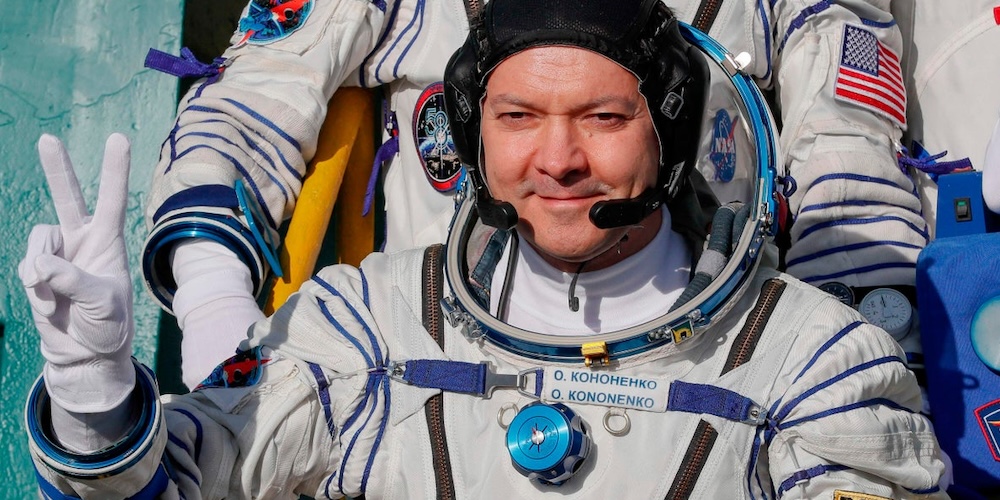User Rating: 5 / 5
A Russian astronaut set a world record for the longest time spent in space on Sunday, February 4, 2024, after spending more than 878 days, or nearly two and a half years. As of 08:30 GMT, Oleg Kononenko broke the record set by his compatriot Gennady Padalka, according to the Russian space agency Roscosmos. Padalka completed five spaceflights in 878 days, 11 hours, 29 minutes and 48 seconds before retiring in 2017. Kononenko, 59, broke the record when he flew 423 kilometers from Earth during his fifth spaceflight.
“I travel into space to do my favorite thing, not to set records,” he told the state news agency TASS in an interview from the International Space Station. “I am proud of all my achievements, but I am most proud that the record for the total duration of a human being in space is still held by a Russian cosmonaut,” said Kononenko, commander of Roscosmos. His current space journey ends at the end of September, when he will have spent 1,110 days in space. According to the European Space Agency (ESA), he began his career in space as an engineer and began training to become an astronaut at the age of 34 after joining the select group for the International Space Station program. His first space flight took place shortly afterwards, in April 2008, and lasted 200 days.
Kononenko told TASS that video calls and messages allowed him to stay in touch, but it was only after his return to Earth that he realized how much life he had missed. “Only when I return home do I realize that the children grew up without a father for hundreds of days in my absence,” he said. “No one will take me back this time.” He also said he exercises regularly to counter the physical effects of “treacherous” weightlessness. “I don’t feel deprived or isolated,” he said. He said his five spaceflights took 16 years, during which time technological advances made preparing for each flight more difficult. “The astronaut's career has become more complex. The systems and experiments have become more complex. I repeat, preparation has not become easier.”
The history of spaceflight is dominated by Soviet and Russian cosmonauts. For example, they have the top eight spots on the list of most people in space. Peggy Whitson, whose 675 Earth days are the longest for a NASA astronaut, comes in ninth. Cosmonaut Valery Polyakov holds the record for the duration of a single flight. He spent nearly 438 consecutive days aboard the Russian Mir space station from January 1994 to March 1995. The ISS is one of the few international projects on which Washington and Moscow have continued to work closely together since the Russian invasion of Ukraine. Roscosmos said last December that a program with NASA had been extended until 2025. The reliability of the Russian space program, which has historically been the country's pride, has been a major question in recent years. Coolant leaked from the Russian portion of the International Space Station for the third time in less than a year in October, highlighting what analysts described as a beleaguered space sector struggling to right itself after years of underfunding, failures and corruption scandals.

“Total coffee specialist. Hardcore reader. Incurable music scholar. Web guru. Freelance troublemaker. Problem solver. Travel trailblazer.”






More Stories
“Ask at least one question in return.”
Elbendamers in the Sun: What a Wonderful Little Village
European Space Agency – Space for Kids